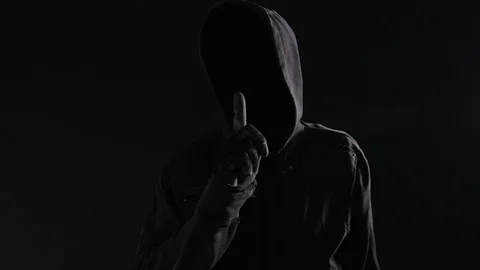this post was submitted on 24 Jun 2024
437 points (98.0% liked)
Asklemmy
48321 readers
417 users here now
A loosely moderated place to ask open-ended questions
If your post meets the following criteria, it's welcome here!
- Open-ended question
- Not offensive: at this point, we do not have the bandwidth to moderate overtly political discussions. Assume best intent and be excellent to each other.
- Not regarding using or support for Lemmy: context, see the list of support communities and tools for finding communities below
- Not ad nauseam inducing: please make sure it is a question that would be new to most members
- An actual topic of discussion
Looking for support?
Looking for a community?
- Lemmyverse: community search
- sub.rehab: maps old subreddits to fediverse options, marks official as such
- [email protected]: a community for finding communities
~Icon~ ~by~ ~@Double_[email protected]~
founded 6 years ago
MODERATORS
you are viewing a single comment's thread
view the rest of the comments
view the rest of the comments

Can you explain more about this? You're saying the bank app is grabbing this data from your phone, or what are you saying?
I'm not saying you are wrong, necessarily, I'm just surprised to hear it
Not the password to unlock your phone, but the credentials your bank may require to verify your identity over the phone. A security question/answer, a passphrase or a sequence keyed during the call.
This is correct, i should have said “telephone banking password/passcode” but also the security questions are at best hash encrypted (so basically plain text). I had thousands of hours of call recording and millions of customer details on my work laptop all unencrypted. The security for enterprise telephony companies is seriously lax, I wouldn’t be surprised if a few unexplained leaks originated from these companies.